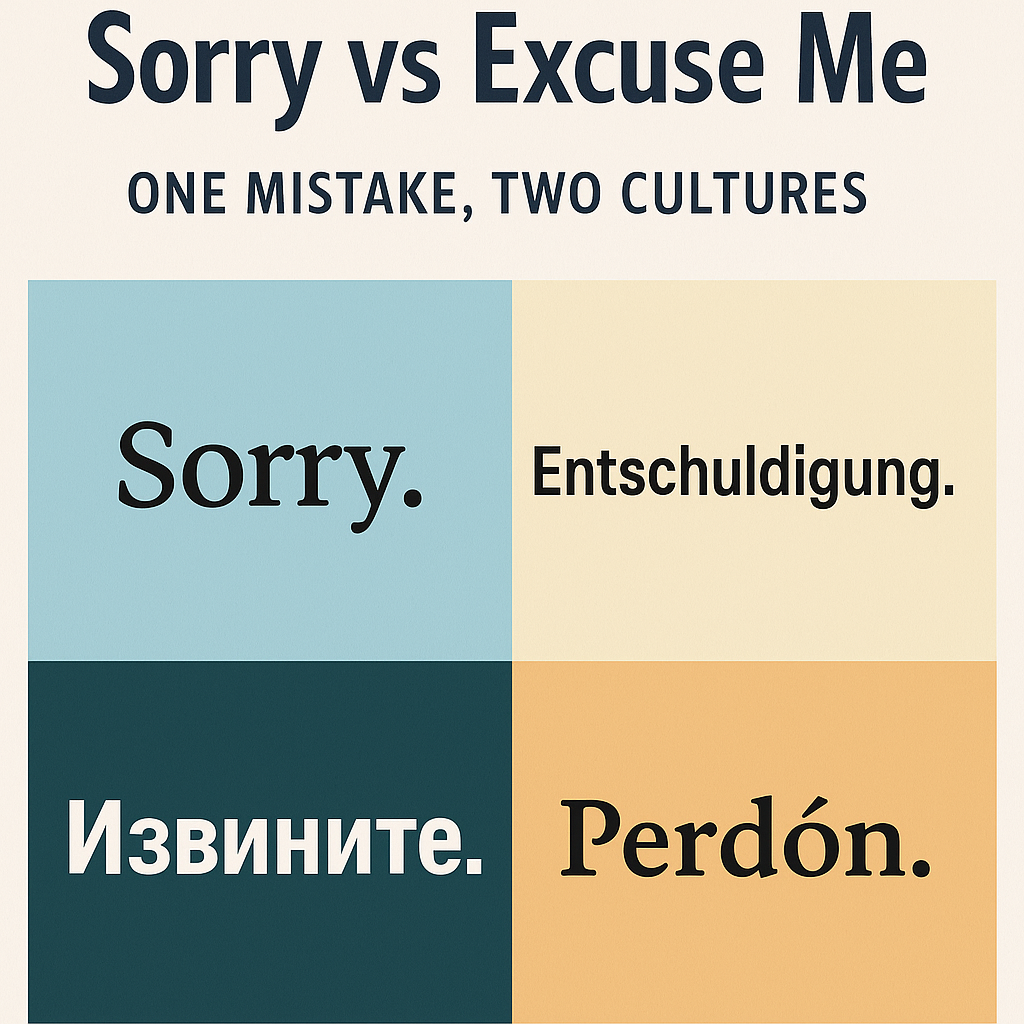Is it a mistake to be careful?
In many languages, caution is often seen as hesitation. Being careful can be interpreted as being afraid, indecisive, or slow. But in Niemiecki, it’s different.
Słowo „Vorsicht“ doesn’t carry negative weight. In fact, it is often seen as a strength.
W języku niemieckim:
- Vorsicht! is a common warning — and a sign of responsibility.
- Mit Vorsicht handeln means acting with care — not fear.
- Vorsichtig sein implies awareness — not weakness.
Caution is not fear
For many language learners, the problem comes from fałszywi przyjaciele. Words like “careful,” “anxious,” or “hesitant” in English — or осторожный in Russian — often feel emotionally loaded. But in German, Vorsicht is a neutral, even positive trait.
Being vorsichtig can save your job, your money — and your reputation.
In the German mindset, being cautious means thinking first, speaking later.
It’s not a flaw. It’s emotional intelligence.
Cultural misunderstandings happen fast
One student once asked me:
“Why did my German colleague say I was careless when I just acted fast?”
Because in many German workplaces:
- Acting fast without reflection = dangerous.
- Acting with Vorsicht = professional.
This doesn’t mean you have to be passive.
Ale understanding what the culture values is essential to avoid misunderstanding.
Vorsicht ≠ Angst
It’s important to make a distinction:
| German Word | Znaczenie | Perception |
|---|---|---|
| Vorsicht | Caution, attentiveness | Positive/neutral |
| Angst | Fear, anxiety | Negative/emotional |
| Zögern | Hesitation, delay | Often negative |
So when you say:
- Ich bin vorsichtig — it means “I’m careful” in a good way.
- Ich habe Angst — that’s about being afraid, which can be misunderstood.
Language is more than words
When learning German, it’s not enough to translate literally.
You need to understand the cultural meaning behind words like:
- Vorsicht (caution)
- Verantwortung (responsibility)
- Zuverlässigkeit (reliability)
- Gründlichkeit (thoroughness)
These aren’t just values — they’re linguistic codes.
Caution is not a mistake. It’s a skill.
Przy Szkoła językowa Levitin, we teach more than grammar.
We help you understand what your words actually mean — in the culture you’re speaking to.
Because real language learning isn’t just vocabulary.
It’s mindset.
🔗 Related reading from our blog:
- Niemiecki kończy się na -ung, ale co to oznacza?
- Üben ist nicht Arbeiten: Why Practicing Is Not the Same as Working
- Stille vs Stil: Kiedy cisza i styl brzmią tak samo
- The Quiet Code: Wprowadzenie do "Języka, w którym żyję"
🖋 Author’s Column — The Language I Live
Język. Tożsamość. Wybór. Znaczenie.
📍 Tymur Levitin - założyciel, nauczyciel i tłumacz
🔗 https://levitinlanguageschool.com
© Tymur Levitin
























